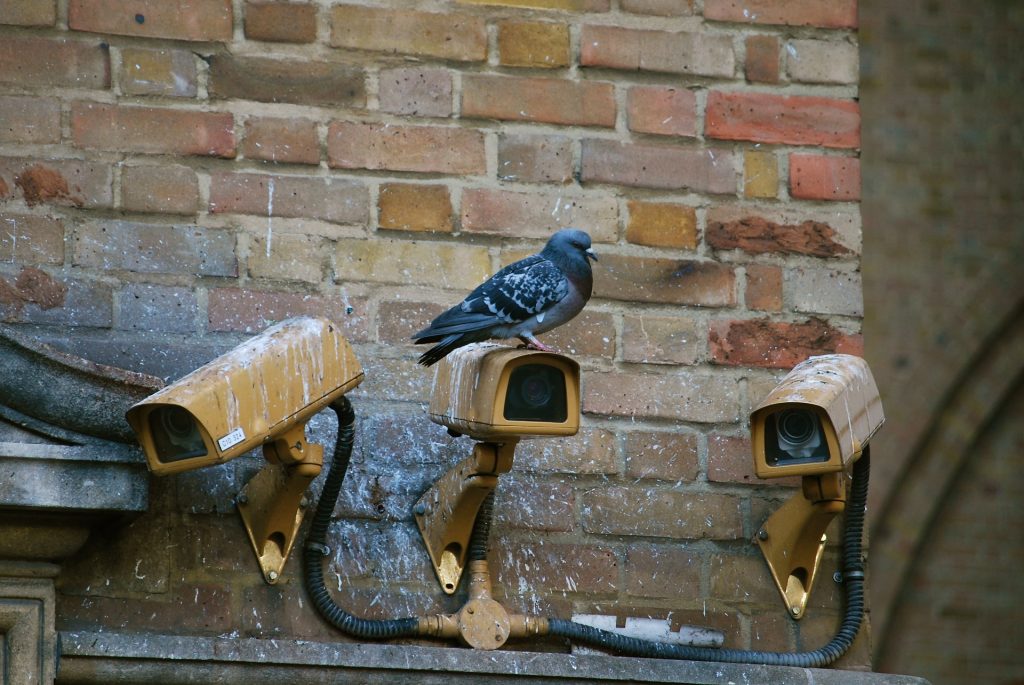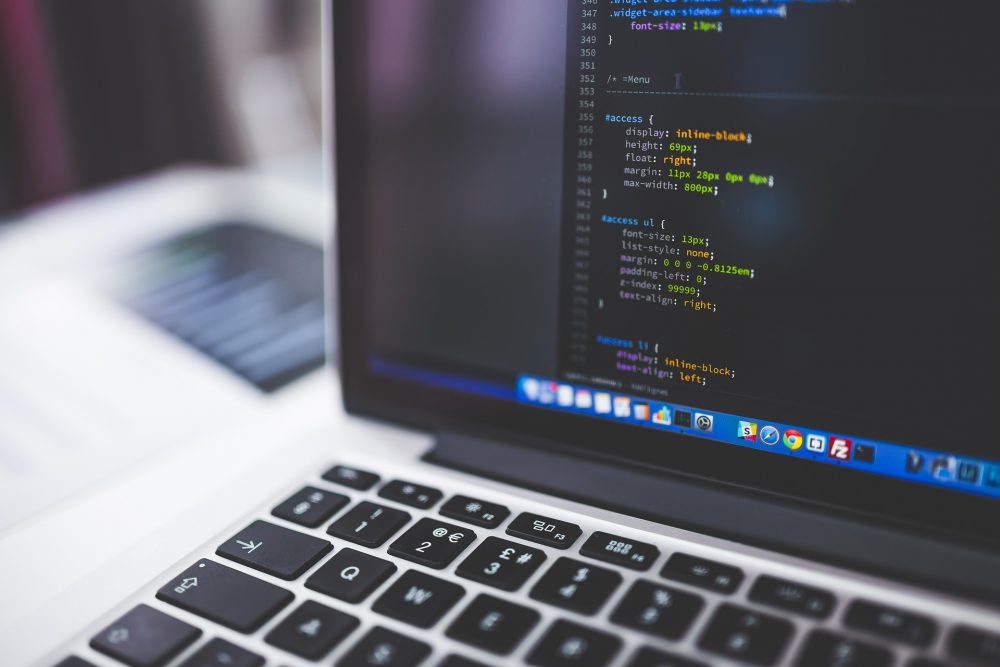This week, the Investigatory Powers Act – also known as the ‘Snoopers’ Charter’ – officially became law in the UK. The Investigatory Powers Act is a law which gives the government huge powers of surveillance over the UK population.
In a nutshell – what does the new law say?

- The police and intelligence services can now conduct mass and indiscriminate collection of data;
- Internet service providers and phone companies must keep the personal records of people who’ve used their websites or services, for a period of 12 months;
- Public bodies can access your internet connection records – that is, a record of the services that you have connected to on the internet;
- The police and security agencies can hack into your phones, computers and other electronic communication devices. However, they will require a warrant to do so;
- Intelligence agencies can require companies to weaken the security of their products, so they can access the data more easily.
You can find out more about the background to the new law by reading our previous coverage on the police’s internet spying powers, the views of the Joint Committee of Human Rights and the review by the Independent Reviewer of Terrorism Legislation, David Anderson QC.
What’s all the fuss about?

The government has strongly supported the passage of the new law. The Home Office has described the new law as “a landmark bill” which will “ensure that law enforcement and the security and intelligence agencies have the powers they need in a digital age to disrupt terrorist attacks, subject to strict safeguards and world-leading oversight.”
However, the changes have been subject to intense criticism from human rights groups and activists. Bella Sankey, from the human rights NGO Liberty, described the new law as having “eye-wateringly intrusive powers and flimsy safeguards.”
The Executive Director of the Open Rights Group, Jim Killock, described the new law as “one of the most extreme surveillance laws ever passed in a democracy.”
Sir Tim Berners-Lee, the British computer scientist and inventor of the World Wide Web, has stated that the new law, “…has no place in a modern democracy – it undermines our fundamental rights online. The bulk collection of everyone’s internet browsing data is disproportionate, creates a security nightmare for the ISPs who must store the data – and rides roughshod over our right to privacy. Meanwhile, the bulk hacking powers in the Bill risk making the internet less safe for everyone.”
So, what now?

The new law has given the government unprecedented powers to interfere with our privacy. Human rights groups such as Liberty have already signalled their intention to challenge the new law in court, so the question of whether the new law breaches human rights has not yet been decided.
It is more important than ever that we stay informed about our human rights in this area.
Keep up to date with our coverage of surveillance and privacy news with Rightsinfo. Subscribe to get free human rights updates right in your inbox
For more:
- Subcribe to free human rights emails updates
- See our Explainer on The Right To Privacy And Why It Matters here.
- See our Explainer on Mass Surveillance And Human Rights here.







